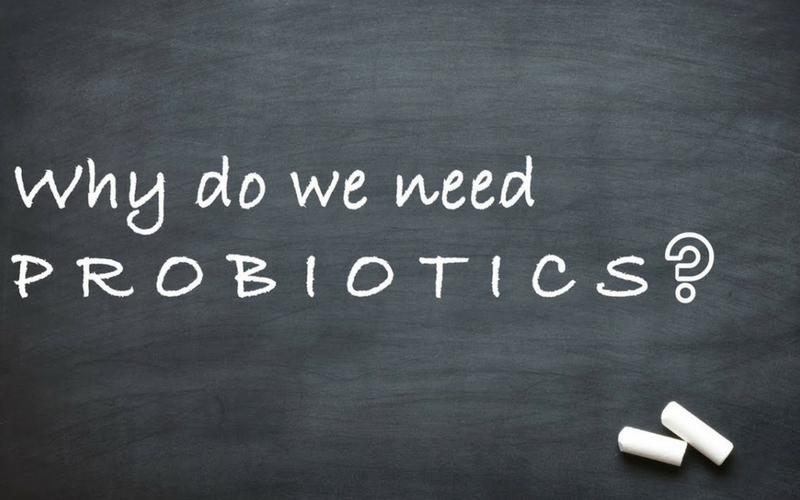Our guts are full of good ‘friendly’ bacteria, which work to reduce dangerous bacteria from our food. They aid digestion and the absorption of nutrients. They also help peristalsis, which is the process by which food and waste moves through the digestive system.
They protect our mucous membranes by stimulating the production of mucins, which are the proteins in mucous that lubricate and protect the inner layer of our tissues. They improve the balance of friendly bacteria in the genital area and reduce the chances of urine and vaginal infections.
In the bowel, these bacteria help to produce essential B vitamins needed for the effective running of our neurological system and help you feel energised. Our natural levels of these good bacteria can be reduced by a poor diet, stress, smoking, alcohol, hormone changes, surgery and medications.
This is when a probiotic supplement could be needed. Research has shown that probiotics could have benefits for conditions, from type 1 diabetes to fibromyalgia. Scientists are trying to develop specific probiotics to prevent dental cavities, probiotic lozenges for sore throats, probiotic nasal sprays and probiotic deodorants.
MY ADVICE
Probiotic supplements come in many forms, but the ones most people know about are in the form of yoghurt or milk drinks that are widely available in supermarkets. These contain small amounts of ‘friendly’ bacteria but also contain sugar, dairy and flavouring. Probiotics also come in capsule form, which in general have higher levels and different strains than the drinks and yoghurts. If cost is an issue, taking a yoghurt or probiotic drink is still a good option. You can also make fermented foods such as sauerkraut to have a natural source of friendly bacteria.

